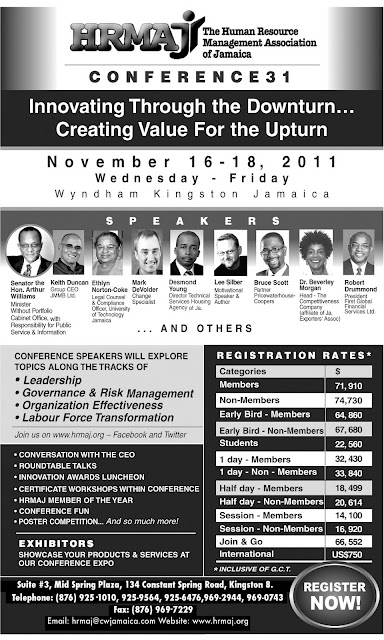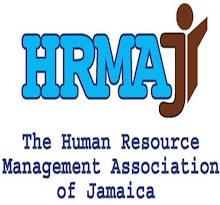Over the course of the past months HRMAJ has sought to send daily messages of motivation to our supporters on our Facebook page. As the year comes to an end, this week’s Friday Blog Post will count down the Top 10 quotes of the year based on the response of you our followers and supporters.
10. "Virtually every company will be going out and empowering their workers with a certain set of tools, and the big difference in how much value is received from that will be how much the company steps back and really thinks through their business processes, thinking through how their business can change, how their project management, their customer feedback, their planning cycles can be quite different than they ever were before."-Bill Gates
9. "Not many of us will be leaders; and even those who are leaders must also be followers much of the time. This is the crucial role. Followers judge leaders. Only if the leaders pass that test do they have any impact. The potential followers, if their judgment is poor, have judged themselves. If the leader takes his or her followers to the goal, to great achievements, it is because the followers were capable of that kind of response."-Garry Wills in Certain Trumpets: The Nature of Leadership
8. "The three great essentials to achieve anything worthwhile are, first, hard work; second, stick-to-itiveness; third, common sense."-Thomas Edison
7. "Thought for lunch: “How many of you have received an honest, straight-between-the-eyes feedback session in the past year, where you came out knowing exactly what you have to do to improve and where you stand in the organization?"-Jack Welch
6. "Executives owe it to the organization and to their fellow workers not to tolerate nonperforming individuals in important jobs."-Peter Drucker
5. "The best executive is the one who has sense enough to pick good men to do what he wants done, and self-restraint enough to keep from meddling with them while they do it." --Theodore Roosevelt
4. "Success consists of going from failure to failure without loss of enthusiasm."-Winston Churchill
3. "Leaders who win the respect of others are the ones who deliver more than they promise, not the ones who promise more than they can deliver."-Mark A. Clement
2. "Companies cannot promise their people lifetime employment. Global competition is too fierce and economic cycles too frequent for any such guarantees. But they can promise their people every chance for employability – skills that will make them more attractive if they are forced to part ways."-Jack Welch
1. "You can’t expect your employees to exceed the expectations of your customers if you don’t exceed the employees’ expectations of management." - Howard Schultz
Feel free to vote and name which quote you think deserves to be placed in the number one spot.
Join in the discussion and tell us where you stand. It begins with us, it begins right here.
The Human Resource Management Association of Jamaica













